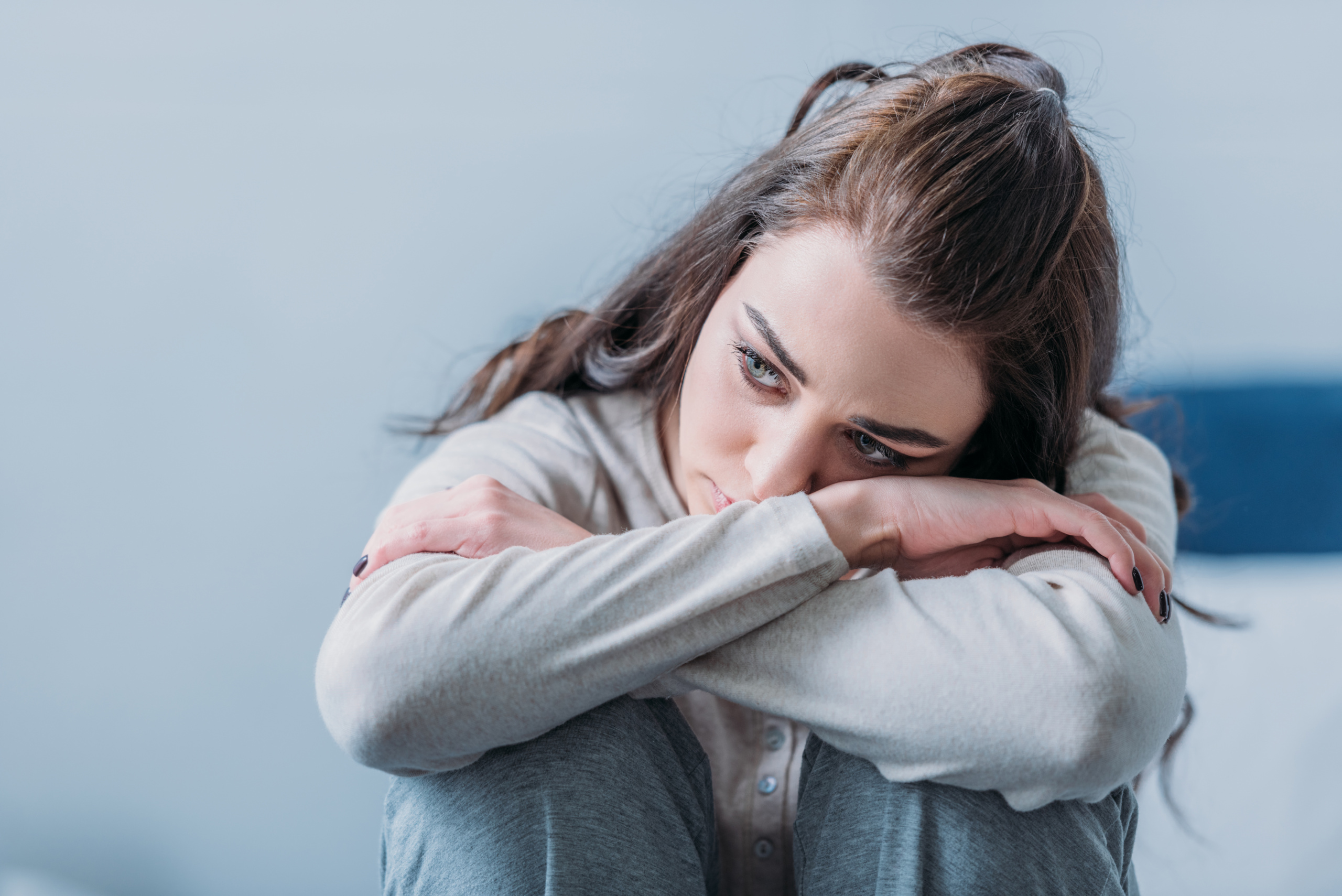By Howard Olshansky, JFS Executive Director
Charlotte Jewish News, June 2024
Typically, for this edition, I would be writing about navigating your mental health during the summer months. However, as I am writing this, the major news stories are the shooting of eight law enforcement officers in Charlotte, in which four officers were killed, and the student protests against Israel on college campuses around the country. While these events may seem unrelated on the surface, from a mental health perspective, they represent the heightened anxiety and stress permeating our society today. This increased level of stress and anxiety has been prevalent since the pandemic, further exacerbated by social unrest, economic factors, the political environment, and, most recently, the conflicts in Israel and Ukraine.
What many might not realize is the similarity between law enforcement officers and college students in terms of the substantial increases in suicide rates within these populations. Law enforcement officers have a suicide rate 54% higher than the general population, and suicide is now the second leading cause of death among college students. Law enforcement officers serve on the frontlines of society, tasked with maintaining order and protecting communities. However, beneath the badge lies a complex web of stressors that can severely impact their mental well-being. The nature of their work exposes them to traumatic events, violence, and human suffering. They often witness devastating scenes, which can lead to post-traumatic stress disorder (PTSD) and other mental health disorders.
Moreover, the culture within law enforcement agencies often perpetuates a stoic mentality, where seeking help or showing vulnerability is discouraged. This stigma surrounding mental health issues can deter officers from seeking the support they desperately need. Fear of judgment, repercussions on their careers, or concerns about being perceived as weak can prevent them from reaching out for assistance.
Additionally, the demanding nature of their profession can blur the lines between work and personal life, leading to strained relationships, social isolation, and feelings of alienation. The cumulative effect of these stressors can create a breeding ground for depression, anxiety, and suicidal thoughts among law enforcement officers. College students, heralded as the future leaders of tomorrow, face their own set of mental health challenges. The transition from adolescence to adulthood, coupled with academic pressures, financial concerns, and social expectations, can be overwhelming. Many students experience heightened levels of stress, anxiety, and depression during their college years. Jewish students, in particular, have been experiencing an enormous amount of anxiety since October 7. The increased number of antisemitic incidents and ongoing rhetoric have left them feeling isolated and unsafe. The recent campus protests against Israel have just exacerbated that heightened level of stress, anxiety, and depression. What is also uniquely similar about these two populations is the perception our society has of their ability to be resilient. After all, aren’t law enforcement officers supposed to be tough and able to handle any situation? And aren’t college students supposed to be in their prime, enjoying themselves with little to worry about? These misperceptions make it easy to lose sight of someone who might be struggling with anxiety, depression, or PTSD. It also makes it more difficult for them to reach out for help. Which makes it more imperative to reach out if you think someone is struggling. Because we know that just reaching out could be the one connection that someone needs to access the help they need.
If you or someone you know is thinking about suicide, call 988 immediately. For more information about counseling, contact Jewish Family Services at (704) 364-6594 or email info@ jfscharlotte.org


